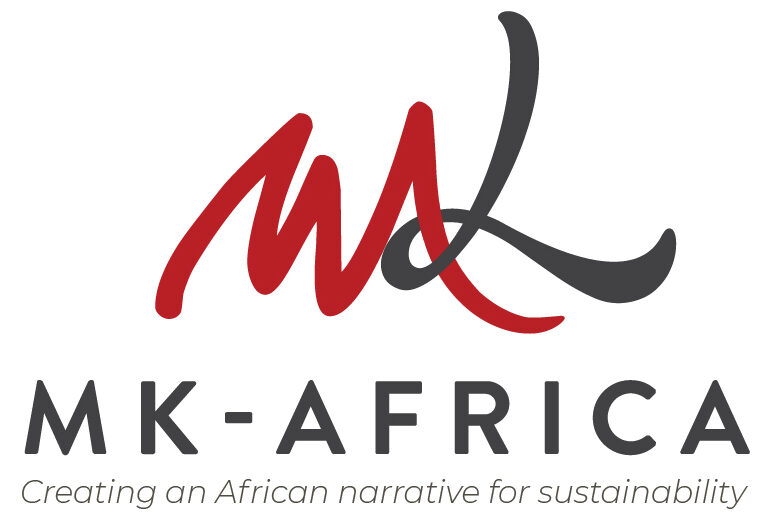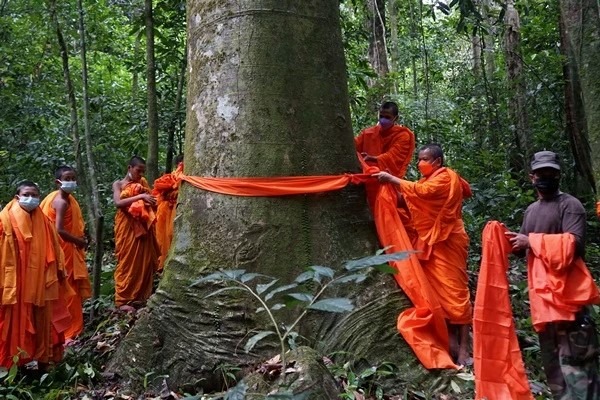
Sustainability is crucial for businesses as it can enhance environmental, social, and governance performance and benefit all stakeholders. The Earth has gone through three primary ages in its geological history: Paleozoic, Mesozoic, and Cenozoic. These ages mark the emergence of life in oceans and on land, the dominance of mammals, and the movement of continents. However, humans have negatively impacted the environment in the past two centuries, resulting in the Anthropocene era characterised by rapid climate change, ocean acidification, and ecosystem loss.
Thomas Berry and Brian Swimme introduced the term “Ecozoic era” to describe a mutually beneficial relationship between humans and the Earth. This term was adopted during the Conference of Parties (COP 15), where global targets were set to halt and reverse nature loss by 2030 and beyond. These targets include conserving 30% of land, sea, and inland waters, restoring 30% of degraded ecosystems, halving invasive species, and reducing harmful subsidies by $500 billion annually.
This is about our very survival: humanity has no future on a dead planet. We need nature and biodiversity for food security, our economy, our wellbeing, and our health. Nature is also our best ally in the fight against the climate crisis.Frans Timmermans, Executive VP, the European Green Deal
We, therefore, have made a ‘Pact with Nature’ to live in harmony with all life forms. Businesses must prioritise the planet’s well-being and advocate for a regenerative and inclusive economy. Unfortunately, businesses and governments often have a parasitic relationship with nature, leading to the extinction of species and a decline in ecosystem services. The WWF report shows an average decrease of 69% in species populations since 1970. Scientists predict that 30% to 50% of all species will be lost by the middle of the 21st century if societies don’t change their production and consumption patterns.
Companies should prioritise their relationship with nature and consider it a crucial stakeholder. This is already happening in some parts of the world, such as Thailand and Cambodia, where deforestation is a significant problem. Buddhist monks and activists collaborate to raise awareness through tree ordination rituals. These rituals include appointing the largest tree as the leader and calling upon the spirits to protect the trees. Innovators also use technology to collaborate with nature in data collection and disaster prevention. To ensure a sustainable future, businesses must consider the larger-scale cycles of the planet rather than just fulfilling human needs.


